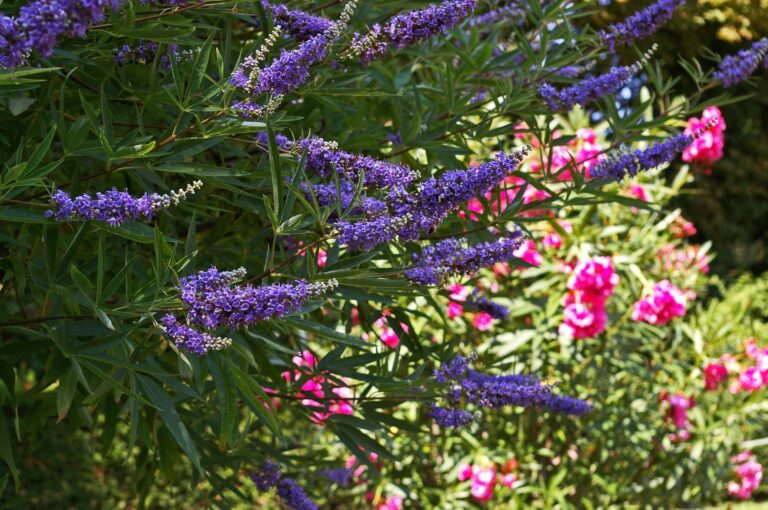Horses are an increasingly popular pet. However, before buying one, you should inform yourself about some important points. For example, a good diet for a horse is crucial for the health and performance of the animal
For this reason, you should focus on good horse food and proper nutrition. What is crucial in proper nutrition for horses, we explain in this article.
Horse Feed – What To Feed?
Horse feed can basically be divided into 2 categories: Raw fiber feed and concentrate feed.
Feed rich in crude fiber is the basis for good nutrition, as it provides the horse with minerals and vitamins. It is from the predominantly carbohydrate feeds that horses get their strength and energy. Examples of forages made from crude fiber are:
- Hay and straw
- Pasture grass
- Silage
Concentrate feed consists mainly of proteins and should be fed when roughage and mineral feed are not sufficient to meet the horse’s energy needs. Especially sport horses have a very high energy level, so feeding concentrated feeds is inevitable. Concentrated feed is for example:
- Grain
- Pellets
- Corn
- Horse muesli
When And How Much Horse Feed?
Horses should have roughage such as hay or straw available throughout the day. Concentrated feed should be added 2 to 3 times a day if the need arises. This will encourage natural feeding behavior and promote a healthy digestive system.
A rule of thumb for horse feed is that an amount of 1 to 1.5 kg of hay or other roughage should be available daily per 100 kg of body weight of the horse. Concentrated feed should be fed depending on the load. If the load is high, up to 1 kg of concentrate can be fed per 100 kg of the horse’s body weight.
For example, a 500 kg body weight Fjord horse should eat about 6 kg of raw fiber feed and 2 to 3 kg of concentrates daily at medium load to meet its energy needs.
No-gos In Horse Feed
The list of no-gos in horse feed is long. Bread and other baked goods can cause colic in the gastrointestinal tract, which can lead to constipation in larger quantities. Leaves and stems of nightshade plants, such as a potato, contain toxins that can cause cramping in bad cases. Furthermore, you should avoid feeding dairy products, as horses have problems digesting foods containing lactose, which can lead to diarrhea and thus dehydration.
For illness or injury, we recommend horse health insurance to prevent high short-term costs.
Where Can I Find Good Horse Feed?
Finding good horse feed is not always easy. Both in retail stores and on the Internet, the selection is very large, which is why we want to help you with the decision. Here you can quickly and easily buy good horse feed online. In addition to concentrated feed, mineral and supplementary feed for your horses is also available to ensure a balanced diet without gastrointestinal problems and at the same time to meet the individual energy needs of your horse.
In summary, a healthy diet for your horse consists of a combination of roughage and concentrates. While the carbohydrate-based feeds are the foundation, for sport horses or horses with high stress, supplemental feeding of concentrates is of high importance.





